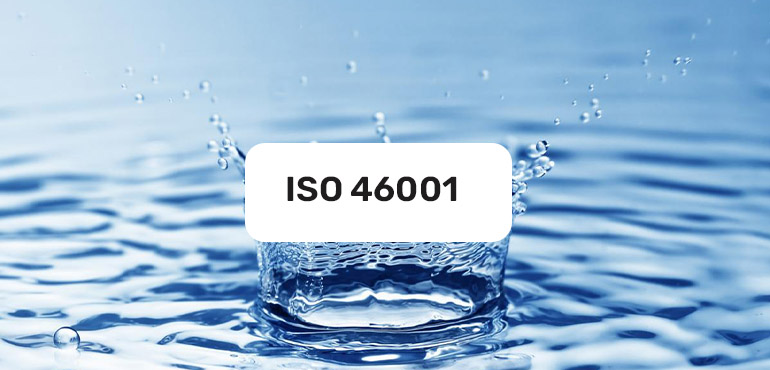What is ISO 46001:2019
Water Efficiency Management
System (WEMS) Certification?
Water – it may well be the most
underrated resource in the world. Water scarcity is one of the largest global risks and
set to increase further over the next decade. The pressures on organizations to
implement a sustainable water management plan are paramount to reduce water
demand from the non-domestic sector and encourage water conservation.
The new standard ISO 46001 for water-efficiency management systems addresses
this void and helps organizations to increase efficiency, save costs and
protect the environment.
Population pressure and
the effects of climate change raise the global demand for water significantly.
This growing demand does not only lead to increased costs, it also affects
local ecosystems and threatens the long-term viability of certain business
models and industry sectors. More than a resource, water is a risk that
deserves to be managed.
The new standard ISO 46001 enables
companies to implement a water efficiency management system (WEMS) in
accordance with international standards and to seek third-party certification.
The aim of the standard is to provide an effective and flexible approach for
the implementation and maintenance of water efficiency management systems in
organizations of all kinds and sizes.
Why ISO 46001 certification is important?
Implementing ISO 46001 helps organizations to:
·
cope with the societal and entrepreneurial
responsibilities regarding sustainable water consumption
·
identify and manage risks and opportunities to
improve water balance
·
make sure that the WEMS is adapted to the companies
context and includes all important topics.
What are the benefits of ISO 46001 certification?
- Improved water efficiency
- Savings from operation cost reduction
- Greater level of accountability
- Gain a competitive edge
- Achieve world-class standards
- Improve transparency
Who can acquire ISO 46001 certification?
Every company that uses significant amounts of water will benefit by
implementing the standard. It is focused on end-use consumers.



